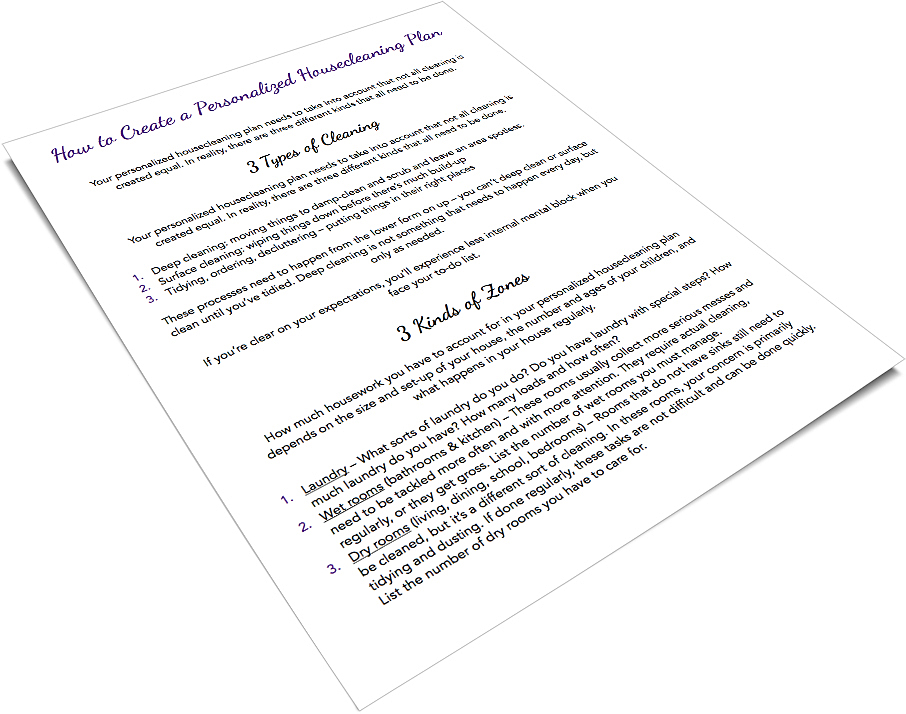I have difficulty doing something just because. I want a reason, and for years – decades, even – of my life I insisted that there was no good reason to make my bed.
Ambiguous “should be done” reasoning is simply not compelling.
My mind wants to know why and if I can give it no good reason, the internal shoulder-shrug is signaled and I decide I won’t if I don’t have to.
Originally written and published in June 2010
Making one’s bed is the classic example. Why make your bed if you’re only going to get back into it at night and undo it? I have been using that reasoning my entire life.
My husband’s answer to the question is that the sheet and blanket won’t fit his length unless they are straightened. All my life until I was married, my procedure at bedtime was to get into bed and wiggle and pull until I was in some manner covered.
Imagine my bewilderment when I married a man who would make a bed at night just before getting into it! Bizarre.
I mean, I always thought it was folly to make one’s bed in the morning if it was only to be unmade that night. But to make it just before “unmaking” it?!
Huh.
So, over the years, I’ve had spurts of morning-bed-making. My logic has almost reversed itself. I mean, if your husband is going to make the bed in the evening, one might as well make it in the morning.
In those times of making the bed, I have learned a few things.
First, I have had to grudgingly admit that a made bed adds an air of neatness even to an untidy room and an unmade bed is a discordant note in a tidy one.
Second, I have realized how strong the force of habit truly is. Making the bed is a simple, quick job. However, every time I do it it is difficult – mentally.
To make a bed, after so many years of reasoning to myself that it is a stupid thing to do, is a job in resisting and breaking my inclinations. Also, it is true that “the child is father to the man.”
What one has grown up telling oneself through childhood becomes an entrenched part of one’s person — it is not shed once one becomes a grown-up.
Rather, it is what blossoms and fruits once one becomes a grown-up.
So, one reason I want to establish the habit of making my bed is because it is representative. It is a task that takes about 45-seconds, that does affect the overall feel of the room, and that communicates to myself that I am going to fight and resist my natural tendencies, that I am not going to flow down the path of least resistance anymore.

Making my bed is also representative in another way I had not previously considered. A few months ago I read Kathleen Norris’ Acedia & Me and this passage resonated with me:
“[T]rue freedom develops out of discipline and a healthy respect for necessity. I was a bratty kid who didn’t want to make her bed. ‘Why bother?’ I would ask my mother in a witheringly superior tone. ‘I’ll just have to unmake it again at night.’
To me, the act was stupid repetition; to my mother, it was a meaningful expression of hospitality to oneself, and a humble acknowledgment of our creaturely need to make and remake our daily environments. ‘You will feel better,’ she said, ‘if you come home to an orderly room.’ “
Then Norris mentions having uncomfortable identification with a particular character in a book who did not wash her hair for three weeks because “It seemed so silly to wash when I would only have to wash again the next. It made me tired just to think of it. I wanted to do everything once and for all and be through with it.”
Norris continues,
“One of the first symptoms of both acedia and depression is the inability to address the body’s basic daily needs. It is also a refusal of repetition. Showering, shampooing, brushing the teeth, taking a multivitamin, going for a daily walk, as unremarkable as they seem, are acts of self-respect.
They enhance the ability to take pleasure in oneself and in the world. But the notion of pleasure is alien to acedia, and one becomes weary thinking about doing anything at all. It is too much to ask, one decides, sinking back on the sofa.”
In another section, she writes,
“Most important, I did not recognize [acedia] as a temptation, something that I could resist. I was not aware that even as I maintained a busy and productive life, sloth, acedia’s handmaid, had a firm grip on me.
For I had become aware that it was possible to reject time, as well as embrace it. If I wanted to, I could live just barely, refusing the gift of each day.”
As one who has found the mere thought of doing the dishes again when they will only be dirtied and needing to be washed again at the end of the day, and as one who has always struggled with despising showering and teeth-brushing just because they are so relentlessly repetitious, this book made me see myself in a new light. And this sentence, especially, shocked me out of my complacency:
“Esther’s desire to ‘do everything once and for all and be through with it’ has all the distorted reasoning of insanity. It is a call to suicide.”
Yikes! Is not wanting to make one’s bed or do the dishes really so extreme as that? No, not always, but it has the potential to be.
If one succumbs to the temptation to lapse into sloth and indolence, it is a hard hole to climb back out of, and simply not trying and not caring to try is easier, and it is a refusal to live life as it is given.
Making one’s bed, washing one’s hair and dishes, changing diapers, even, is actually a way we honor and respect the image of God in ourselves while recognizing and also honoring that we are creatures who were made to tend.
I have previously thought of dominion-taking more as a conquering than a tending, but God in perfection gave man a garden to tend.
This suggests more of a constant caring-for than a once-and-for-all figuring out and setting up. We are creatures who were made and called to love, to tend, and to maintain more than we were made to accomplish and be finished.
Bed-making, face-washing, teeth-brushing, dish-washing, diaper-changing, clothes-laundering, floor-sweeping are all tending jobs. As such, they bestow honor. In my entrenched wrong-headedness, I see these tasks as demeaning and taking honor rather than giving it.
This is the logic of the world and not God’s wisdom. In God’s wisdom, in God’s economy, laying down one’s life is the way to resurrect and gain one’s life. A refusal to lay down your life is a refusal to take up and live your life.
And so, I begin to lay down my life, to put to death the old man, to submit to God’s call rather than my own logic, by the simple, humble act of making my bed.


